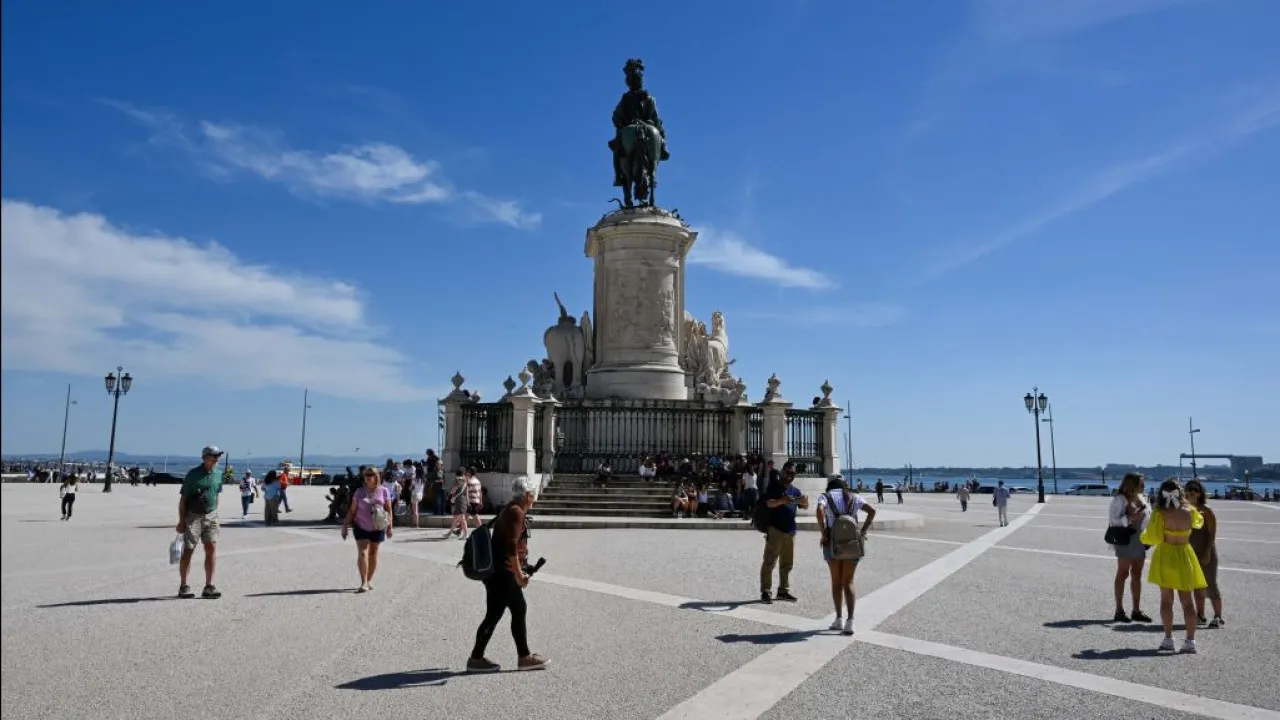The Minister of Economy told Lusa today that Portugal would like to be included in the group of countries benefiting from visa exemptions to enter China and that this has been communicated to Beijing.
“Portugal has signaled this matter, that we would very much like to be included in the group of countries” with the exemption, Pedro Reis told Lusa in Macau, where he is representing Portugal at the 6th ministerial conference of the Forum for Economic and Trade Cooperation between China and Portuguese-speaking Countries, better known as Forum Macau.
In March, the Chinese government extended its visa-free policy for stays of up to 15 days to six European countries – Switzerland, Ireland, Hungary, Austria, Belgium and Luxembourg – after initially adopting the same measure for Germany, Spain, France, Italy and the Netherlands at the end of last year.
The measure placed Portugal among the few Western European countries whose nationals do not benefit from the exemption to enter the territory of the world’s second largest economy.
Pedro Reis noted that the issue was raised during the Sino-Lusophone summit, which kicked off on Sunday and runs until Tuesday in the Chinese semi-autonomous region.
“We think it’s a beautiful instrument, very pragmatic, very suited to the pace of economic cooperation that we want to promote here. Nowadays you have to be very agile in this area. Especially when we see European partners with access to this regulation. Therefore, we are pleased that there are already around 10 countries, in two waves, and it would be interesting for us to be able to access this instrument as well,” he said.
Regarding the reasons why Beijing has so far not included Portugal, the Economy Minister referred the answer to the Chinese side: “it’s a question more for China than for Portugal”.
“Portugal’s institutional duty is to present [access to the exemption] as interesting and our commitment to also having access to this instrument,” he said.
In March, the Portuguese ambassador in Beijing, Paulo Nascimento, told Lusa that he “doesn’t understand” the criteria that led the Chinese authorities to exclude Portugal.
“I don’t believe that there is negative discrimination here, in the sense of saying that China is doing this to signal something to Portugal, I don’t think that’s the case,” he said.
“But I can’t understand the criteria,” he said.
For his part, the Chinese ambassador in Lisbon, Zhao Bentang, predicted that the inclusion will happen in the next phase of visa exemption, a gradual process based on the volume of trade, personal exchanges and cooperation projects between the two countries.
“In the next phase, with the expansion, I think Portugal will join the visa waiver list. To promote a measure, a policy, you always need a gradual process,” the diplomat told Lusa in March, noting that the first countries on Beijing’s list “have a greater number of personal and business exchanges or have more cooperation projects,” and therefore a greater need to travel to China.
China’s adoption of a visa-free policy for nationals of several countries, which also includes Malaysia or Singapore, comes after an 80% drop in foreign direct investment in the country in 2023, compared to 2022, and a 60% reduction in the number of visitors last year, compared to 2019, the last year before the covid-19 pandemic.








